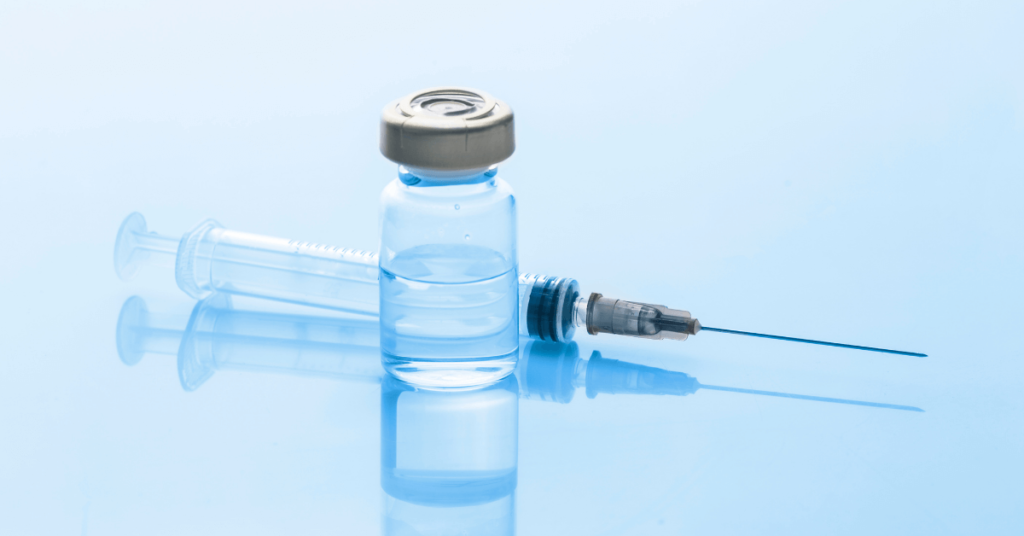In recent times, the quest for effective and sustainable weight loss solutions has led many individuals to explore alternative approaches beyond traditional methods. Peptide injections for weight loss have emerged as a promising avenue, captivating the interest of health enthusiasts and researchers alike. In this comprehensive guide, we delve into the intricacies of peptide injections, exploring their potential, benefits, and considerations for those embarking on a weight loss journey.
Understanding Peptide Injections
The Science Behind Peptides
Peptides, small chains of amino acids, play a crucial role in various physiological processes. In the context of weight loss, certain peptides have shown the ability to influence metabolism, fat breakdown, and appetite regulation.
Types of Peptides for Weight Loss
Not all peptides are created equal. Explore the diverse range of peptides specifically designed to target weight loss, each with its unique mechanism and benefits.
Exploring the Benefits
Accelerated Fat Burning
Discover how peptide injections can kickstart your metabolism, promoting the efficient breakdown of stubborn fat deposits.
Appetite Suppression
Unravel the secrets behind peptides that work to curb cravings and keep your appetite in check, contributing to long-term weight management.
Enhanced Energy Levels
Peptides aren’t just about shedding pounds – some are designed to provide an energy boost, supporting an active and healthy lifestyle.
Peptide Injections vs. Traditional Weight Loss Methods
A Paradigm Shift
Dive into the comparative analysis of peptide injections and traditional weight loss approaches, exploring the advantages that peptides bring to the table.
Minimizing Side Effects
Concerned about potential side effects? Delve into how peptide injections strive to minimize adverse reactions compared to conventional weight loss interventions.
Incorporating Peptide Injections into Your Routine
The Administration Process
Understand the logistics of incorporating peptide injection into your daily routine, ensuring a seamless and effective experience.
Best Practices for Optimal Results
Unlock the secrets to maximizing the benefits of peptide injection, from dosage considerations to lifestyle adjustments.
Success Stories and Testimonials
Real-life experiences can be powerful motivators. Explore inspiring success stories and testimonials from individuals who have embraced peptide injection on their weight loss journey.
Conclusion
Peptide injections for weight loss represent a groundbreaking frontier in the pursuit of a healthier and fitter lifestyle. Their potential to accelerate fat burning, suppress appetite, and enhance energy levels positions them as a valuable addition to the weight loss toolkit.
FAQs
Are peptide injection safe for weight loss?
Peptide injection designed for weight loss are generally considered safe when administered under the guidance of a qualified healthcare professional. However, individual responses may vary.
How soon can I expect results with peptide injection?
Results vary, but many individuals report noticing positive changes within a few weeks of consistent use. Patience and adherence to recommended protocols are key.
Can peptide injection replace a healthy diet and exercise?
While peptide injection can complement a healthy lifestyle, they are not a substitute for proper nutrition and regular physical activity. It’s crucial to maintain a holistic approach to weight loss.
Are there any potential side effects of using peptideinjections?
Side effects are typically mild and transient, but it’s essential to discuss any concerns with your healthcare provider. Common side effects may include redness at the injection site or mild discomfort.
Who is an ideal candidate for peptideinjections for weight loss?
Peptideinjections may be suitable for individuals looking to enhance their weight loss efforts. Consultation with a healthcare professional is advised to determine suitability based on individual health factors.







